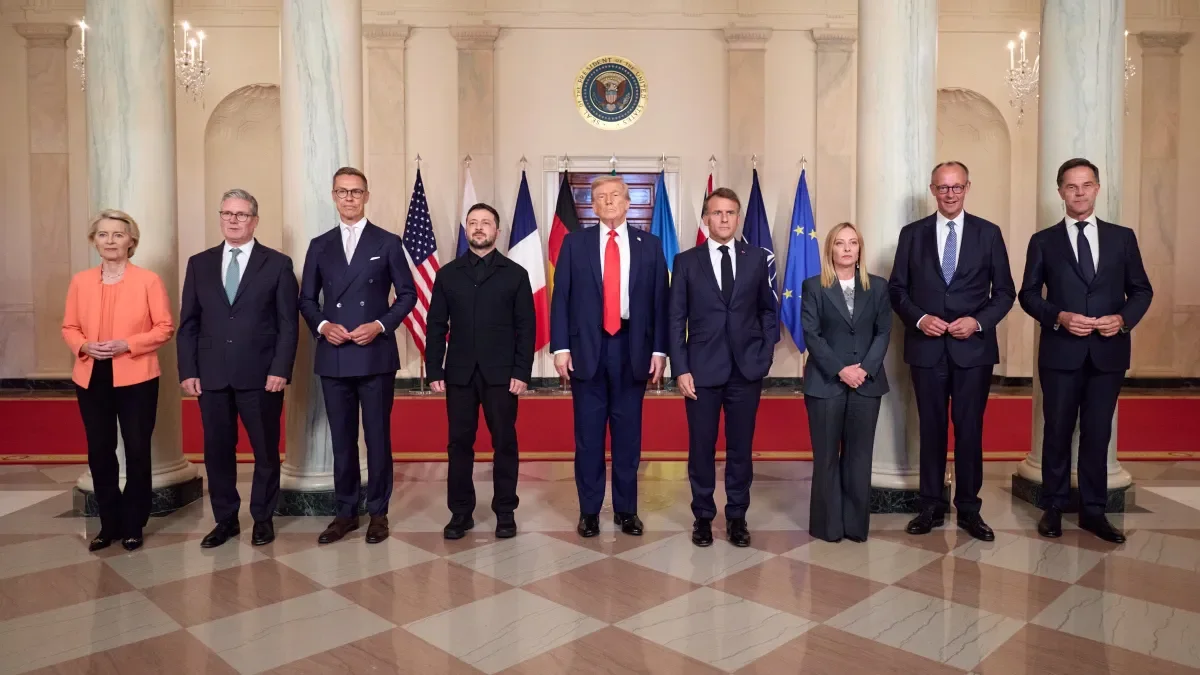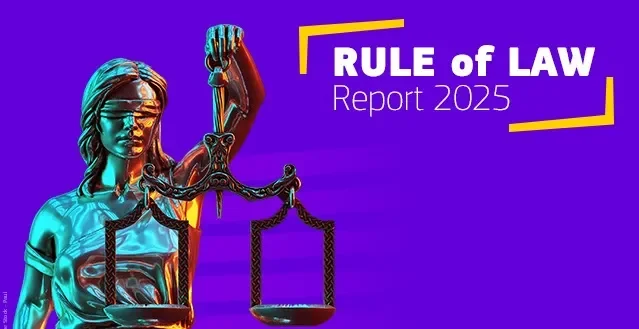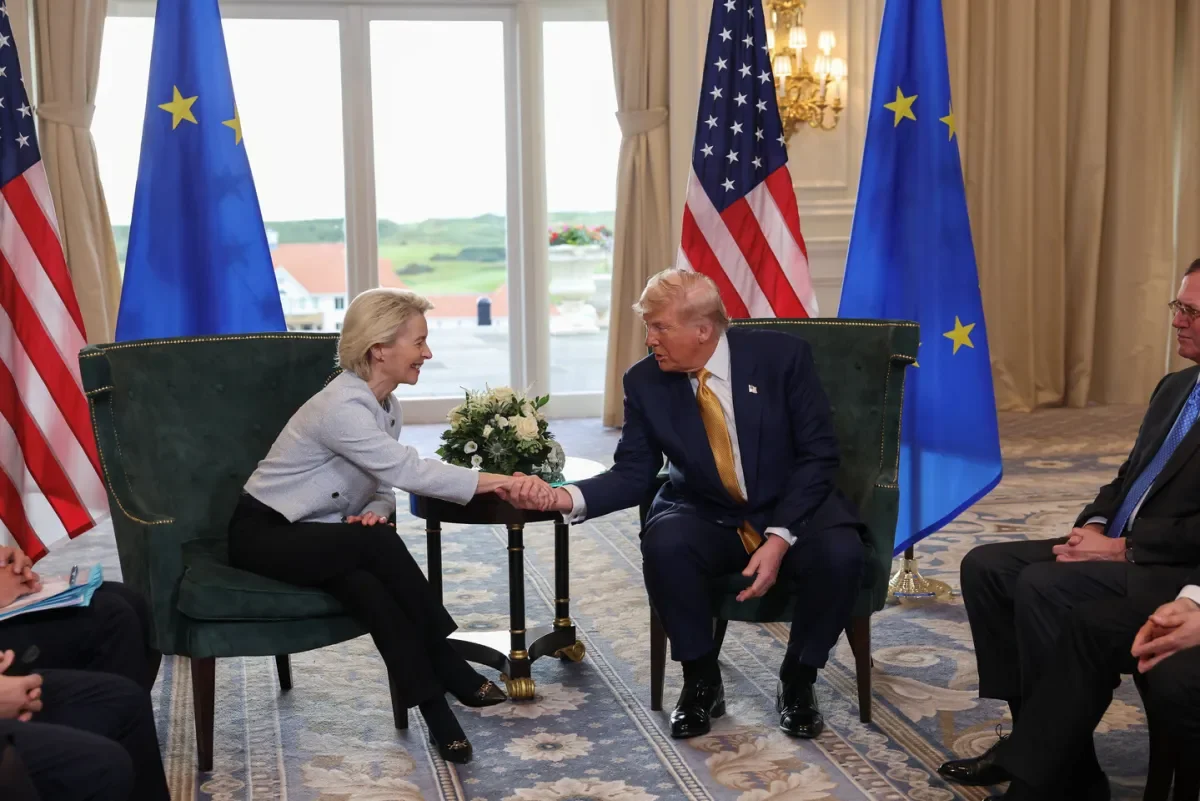
Charlie Halford (Dublin City University)
Ursula von der Leyen has some diplomacy to do. On 28 June, European leaders endorsed the Commission President as a candidate for a second term. Now, she needs approval from an absolute majority vote in the European Parliament, expected to take place during the first plenary session in mid-July, although the Parliament’s agenda is not set in stone yet. Considering the narrow majority that elected her as Commission President in 2019, this may well be a much harder feat, and she knows it.
Von der Leyen needs a total of 361 votes in favour out of 720 to bag a second term. After her nomination was confirmed by the European Council, von der Leyen acknowledged the importance of reaching out to national delegations and individual MEPs, particularly those who were critical or have raised questions about her candidacy. In order to secure the necessary support, von der Leyen has begun her outreach efforts within the European Parliament - indicating that she is open to talks from those from both sides of the hemicycle, but only those who are “pro-European, pro-Ukraine, pro-rule of law”. She has held discussions with Socialist leader Iratxe García and Valérie Hayer, leader of the liberal Renew Europe group. Some national delegations, even within her own party, the European People’s Party (EPP) are uncertain, such as the French political party ‘Les Républicains’.
In Ireland, Tánaiste Micheál Martin shared that a “high-level agreement” has been agreed between the EPP, the Socialists & Democrats (S&D), and Renew Europe, in which Fianna Fáil has its European affiliation. This agreement comes with a ‘wish-list’ attached. This grouping could theoretically provide about 390 votes based on projections, but it cannot be taken for granted nonetheless, due to the significant risk of defections in the secret-ballot.
Martin added that the Irish government would be supporting von der Leyen’s bid. However, both himself and Taoiseach Simon Harris have stated that they need to engage with Irish MEPs to garner support. This comes after four Fianna Fáil MEPs voiced their intention to vote against von der Leyen’s bid. These Fianna Fáil MEPs have criticised her approach to the conflict in Gaza and have expressed disagreement with her defence policies and readiness to work with the far-right. This stance within the party has led some to believe that it may scupper the chances of former Minister for Finance Michael McGrath landing a top job after his nomination to be Ireland's next European Commissioner.
Indeed, President von der Leyen needs to secure more than just Irish votes. Back in 2019, von der Leyen won her nine-vote majority thanks to the support of this same grouping of the EPP, Renew and S&D – but, she also bagged a number of votes from Hungarian Prime Minister Viktor Orbán’s 'Fidesz' party and Poland’s conservative Law and Justice (PiS) party. This time, those votes won't be in play. There has also been contention with the Italian Prime Minister Giorgia Meloni and her party Fratelli d’Italia (Brothers of Italy). Meloni has expressed frustration over what she perceives as a predetermined agreement of EU top jobs that disregards the influence of right-wing parties, ignoring its strong showing in last month's European Parliament elections. Orbán too has openly criticised the leadership package made up of von der Leyen, the socialist former Portuguese Prime Minister António Costa as European Council President and the liberal incumbent Prime Minister of Estonia Kaja Kallas as the High Representative of the EU for Foreign Affairs and Security Policy, for excluding conservative voices. The far-right is causing further headache for von der Leyen after it emerged on 8 July that Marine Le Pen's National Rally MEPs are poised to join Orbán’s 'Patriots for Europe' party, solidifying the new far-right bloc as the third-largest in the European Parliament, overtaking Renew Europe.
In the lead-up to the crucial vote later this month, Ursula von der Leyen faces an uphill battle in securing re-election as President of the European Commission. Despite the rebirth of the coalition agreement, her path to gathering the necessary 361 votes is fraught with uncertainties and potential defections. If she fails to secure the approval of the Parliament, the European Council has one month to approve a new candidate. With divisions evident both within her own party and among key EU Member States’ delegations, including outspoken criticism from figures like Giorgia Meloni and Viktor Orbán, von der Leyen must navigate the complexities of Europe’s political landscape carefully not just to be re-elected but also to ensure unity over the coming five years.

Charlie Halford is the Project Coordinator at the DCU Brexit Institute and Dublin European Law Institute (DELI)



